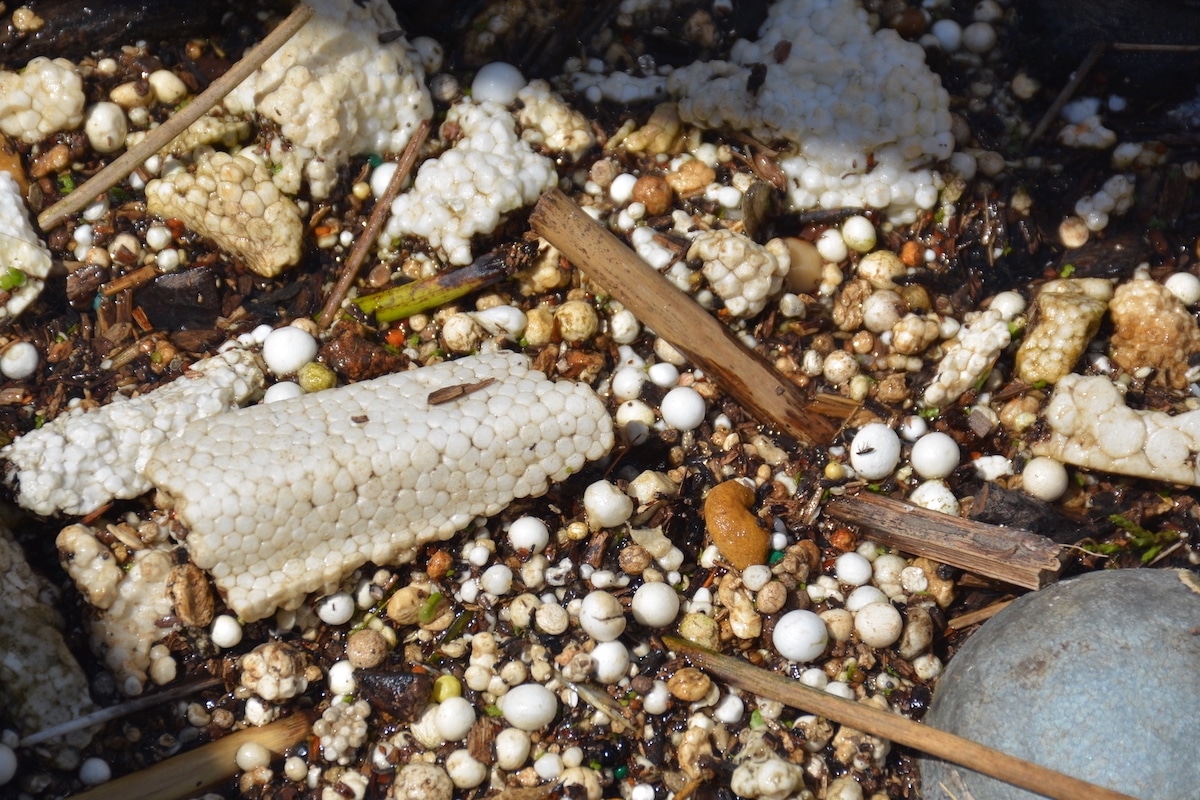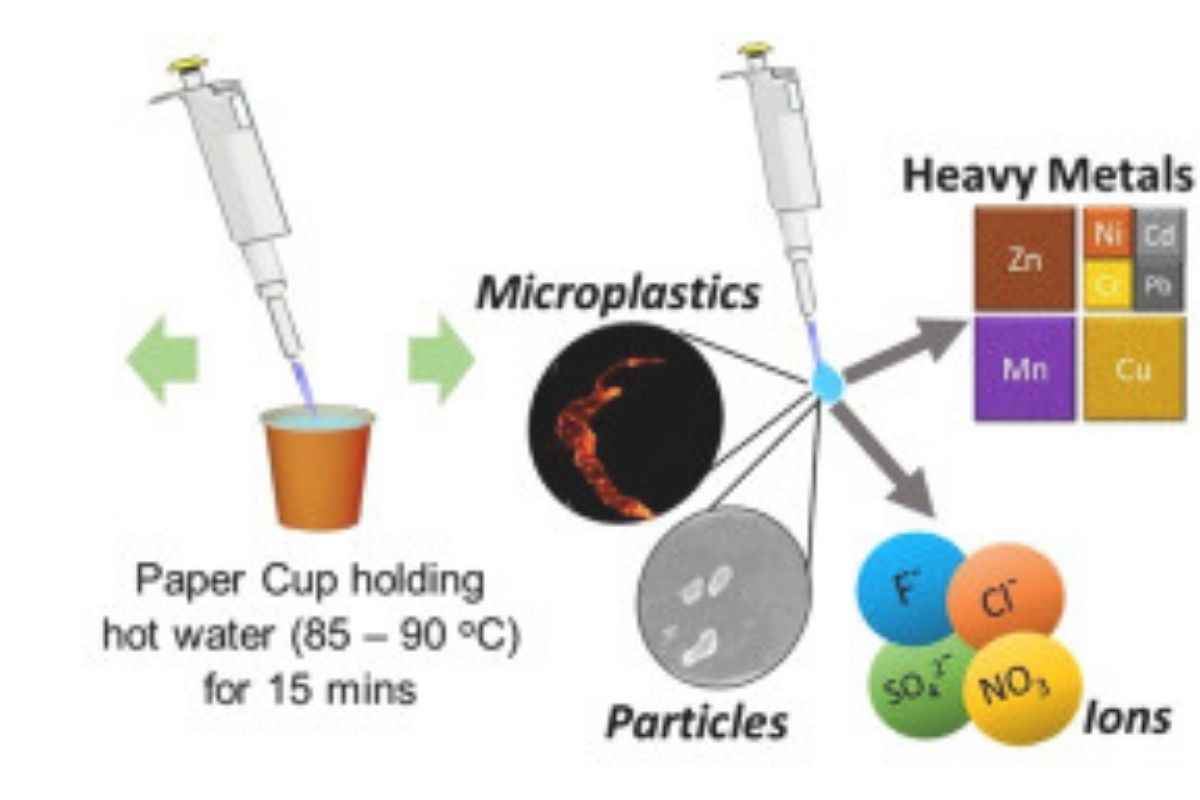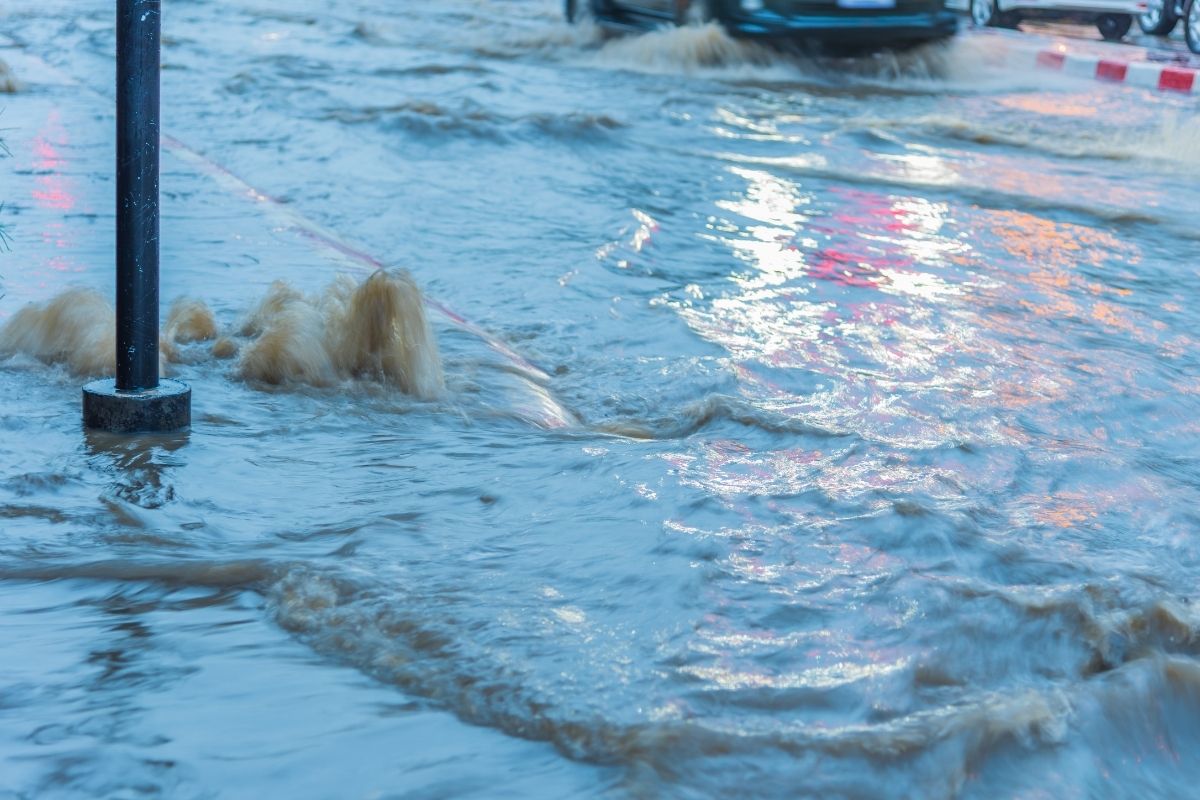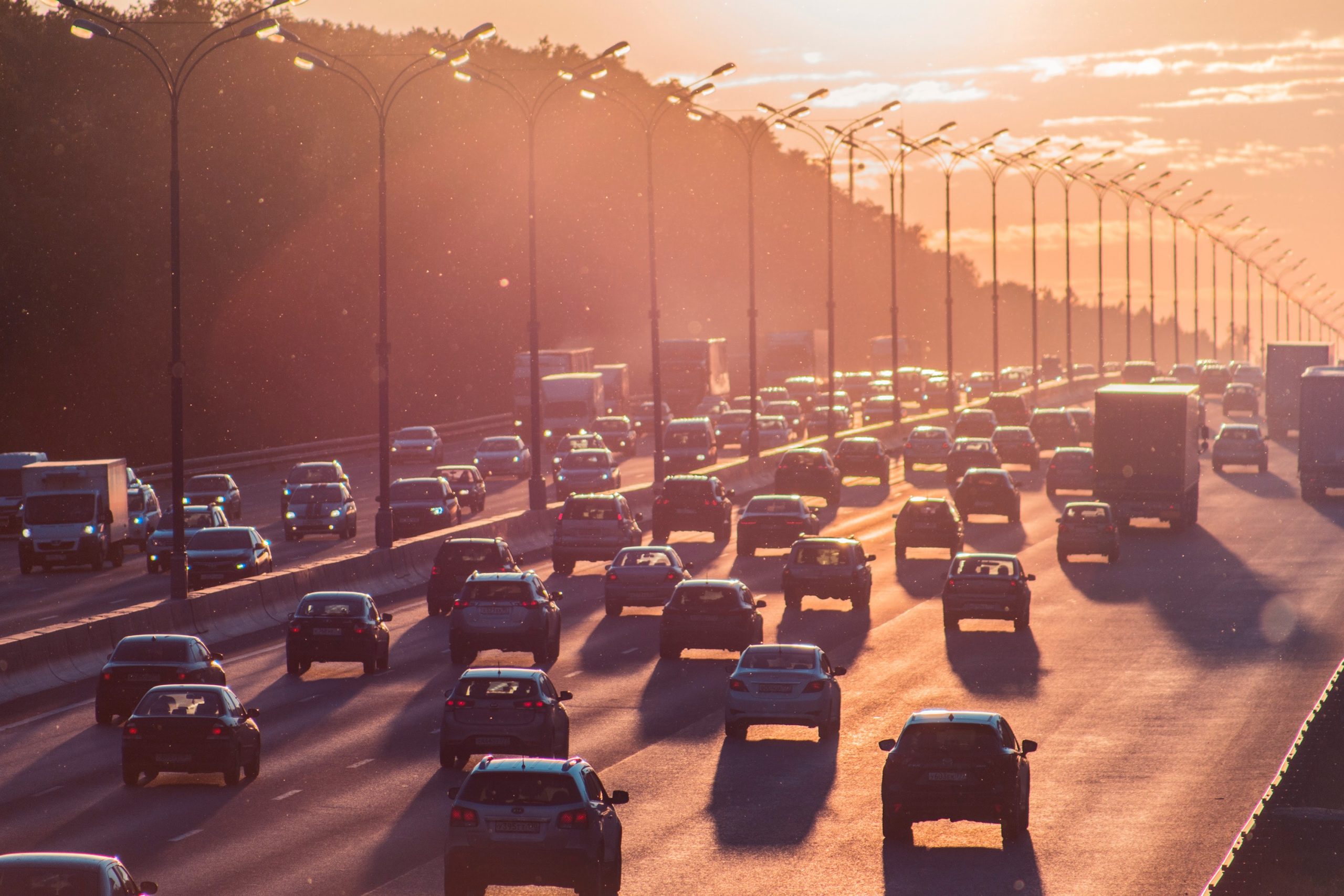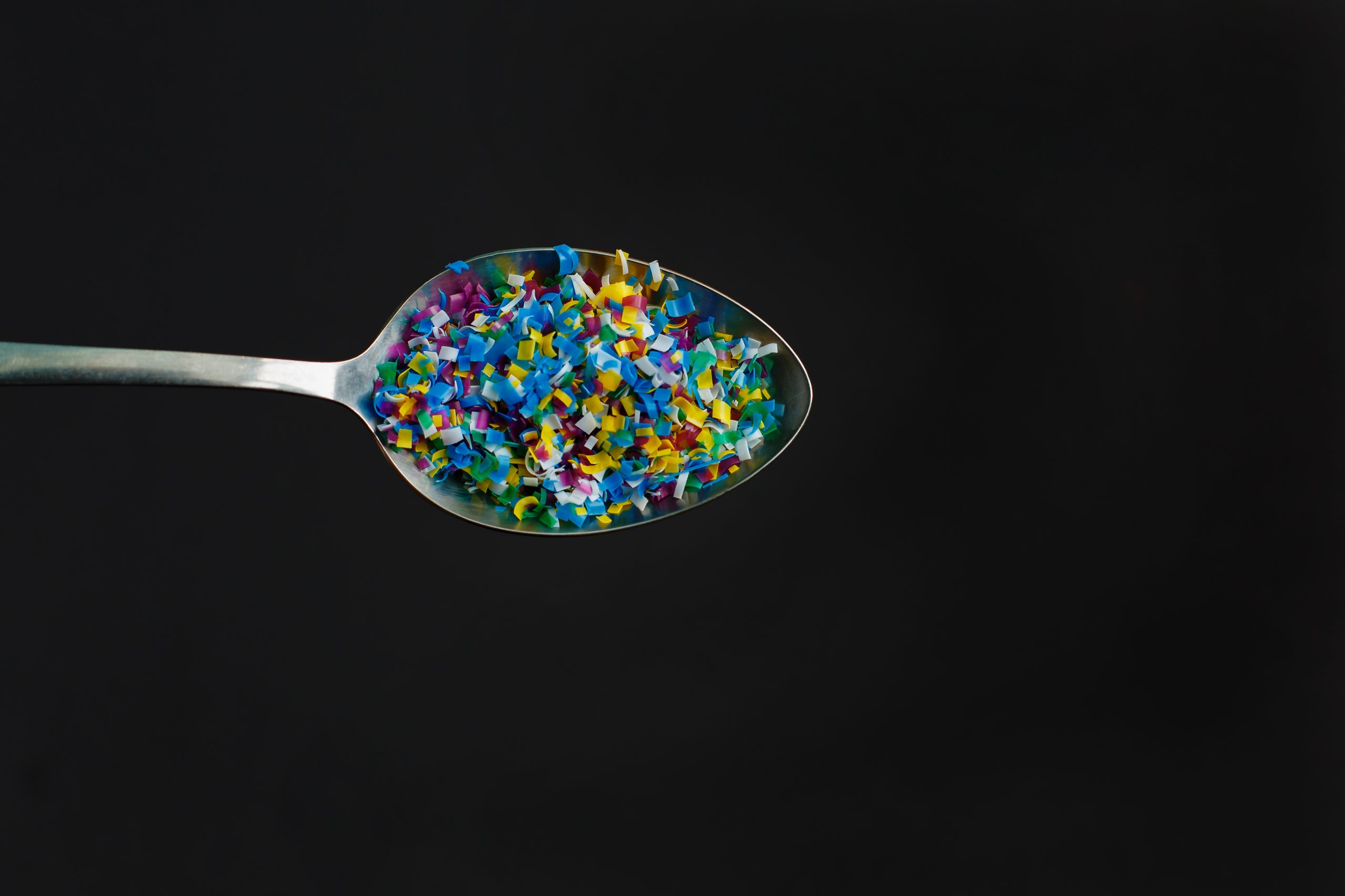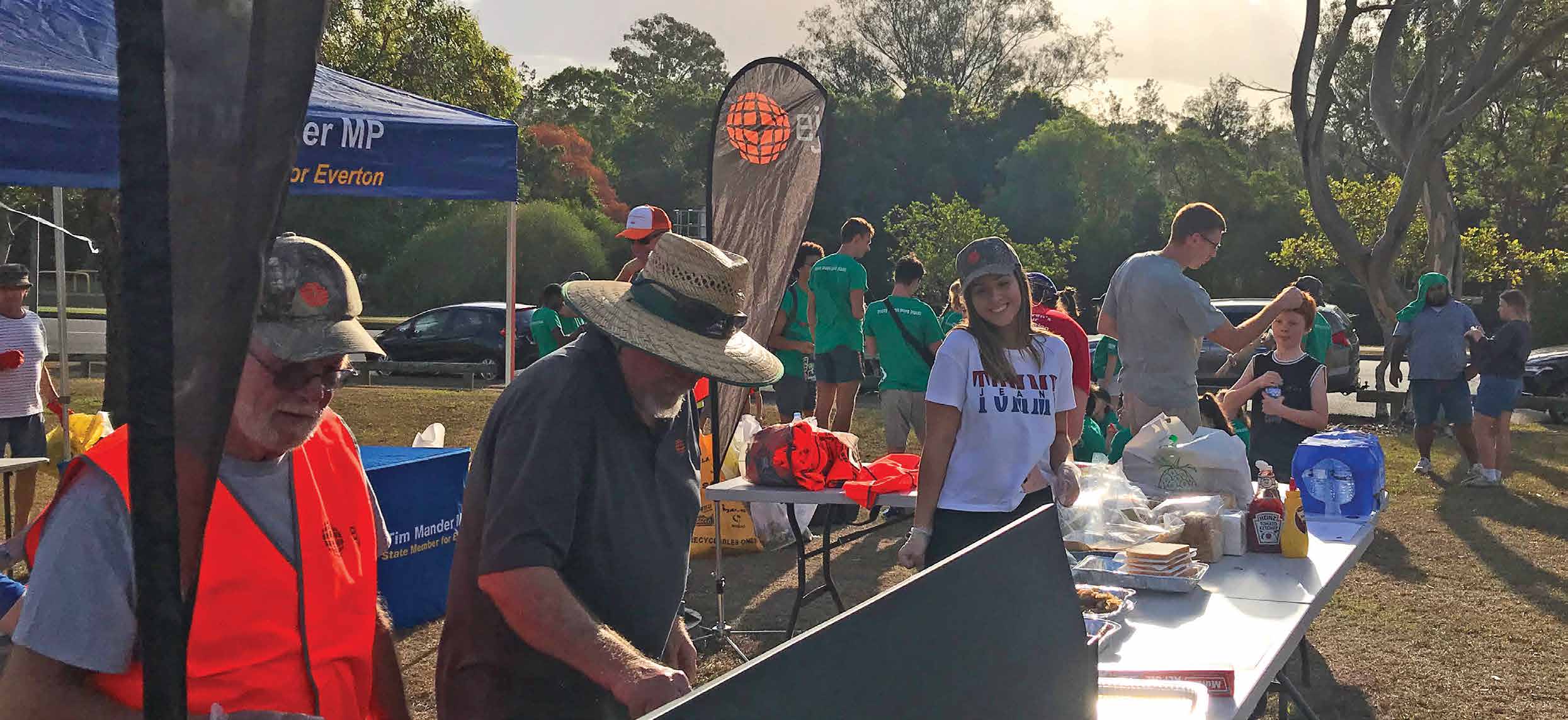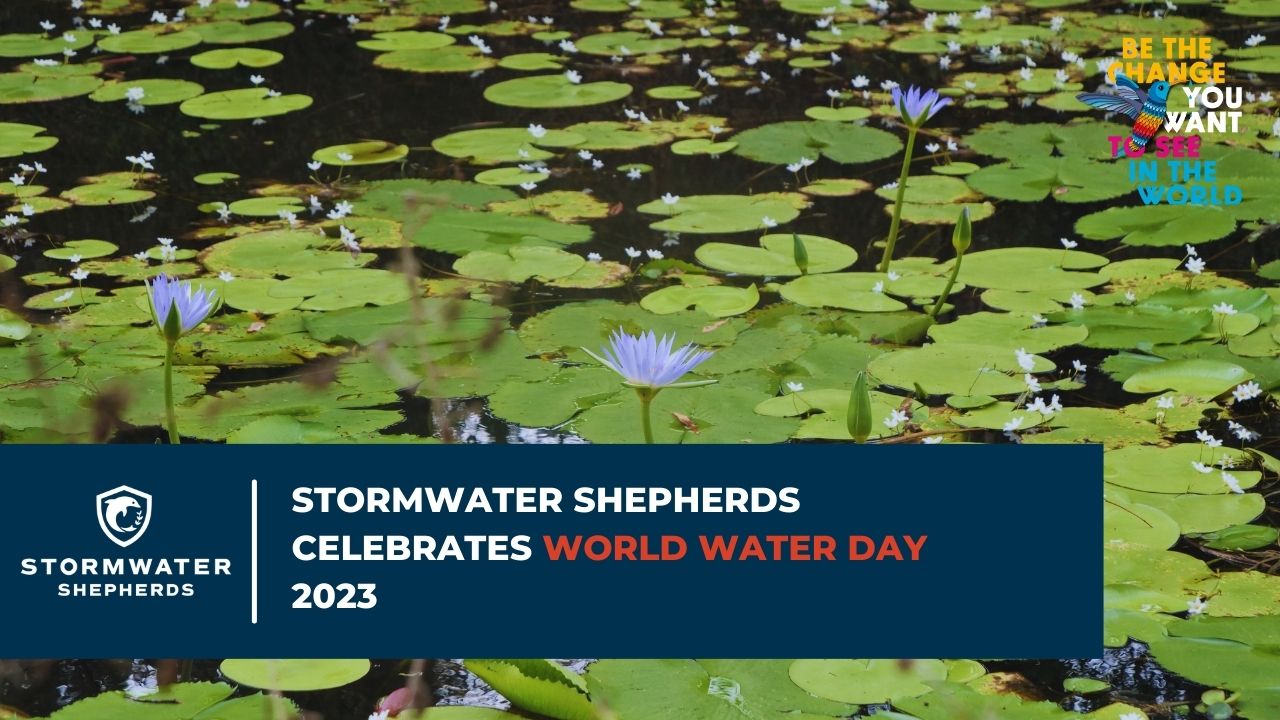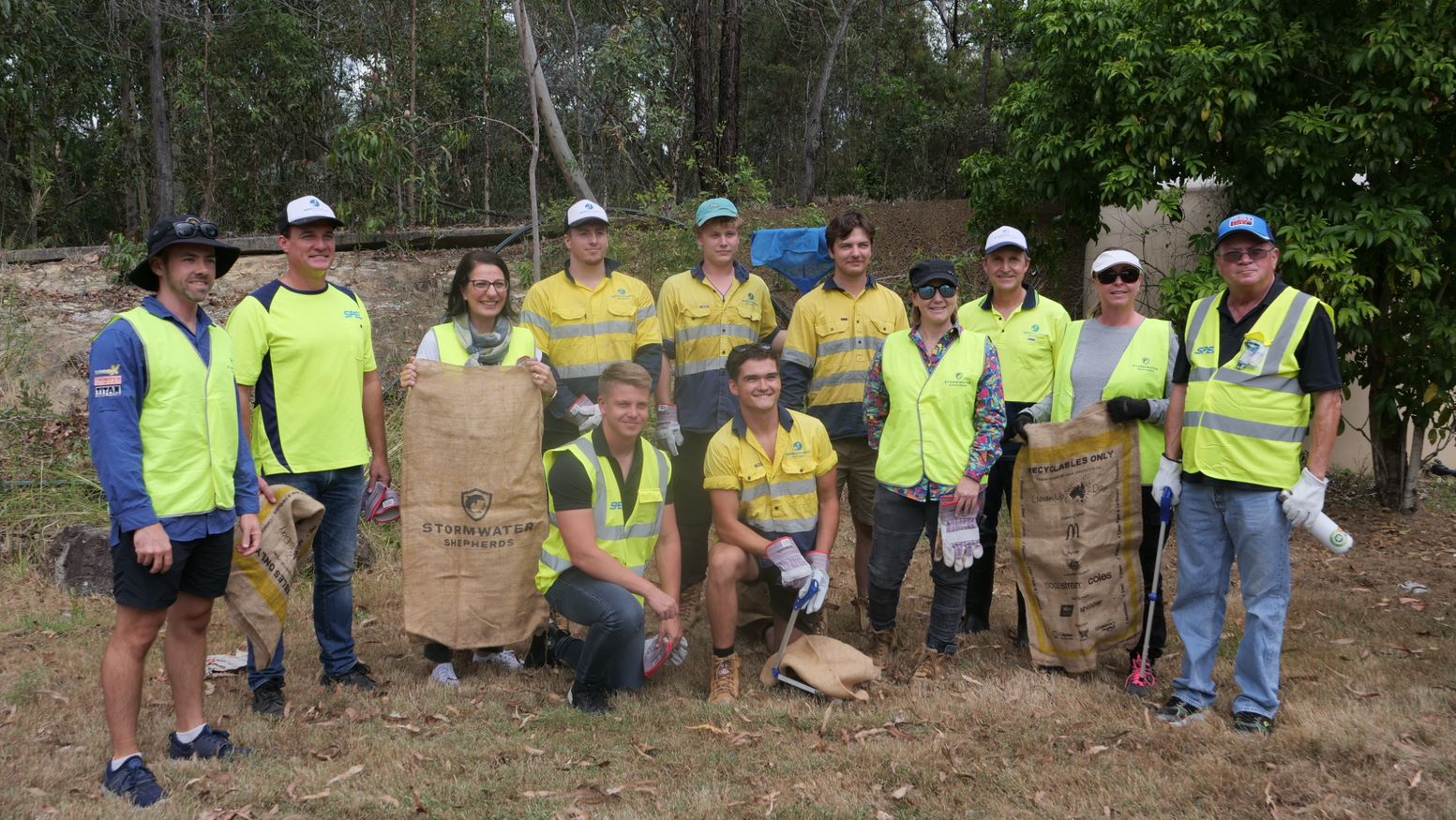
RESEARCH
Reviewing Melbourne’s Polystyrene Pollution: Yarra Riverkeeper Association Report
Microplastics and other harmful substances released from disposable paper cups into hot water
Remaking stormwater as a resource: Technology, law, and citizenship
Critical review of heavy metal pollution of traffic area runoff: Occurrence, influencing factors, and partitioning
Stormwater Management: Calculation of Traffic Area Runoff Loads and Traffic Related Emissions
Primary Microplastics in the Oceans: a Global Evaluation of Sources
With the valuable research Stormwater Shepherds and our affiliate partners undertake, we discover, learn and move one step closer to a clean water future.
The most effective way to reduce the harmful effects of stormwater pollution is to prevent it from entering our waterways. This is a combination approach targeting education, knowledge sharing and improved stormwater infrastructure.
Our focus is to stop the plastic and urban pollution highways at the source through
- Positive Action – helping restore inland waterway environments
- Education – providing a deeper awareness of the importance of stormwater networks and the impacts of plastic and urban pollution on all lifeforms
- Advocacy – for long-term sustainable approaches to successfully managing plastic pollution
We believe in the value of connection, communication and collaboration to influence and guide how we can help protect life in our world’s watercourses, whether human or animal.
Togetherness is strength.
The most effective way to reduce the harmful effects of stormwater pollution is to prevent it from entering our waterways. This is a combination approach targeting education, knowledge sharing and improved stormwater infrastructure.
Our focus is to stop the plastic and urban pollution highways at the source through
- Positive Action – helping restore inland waterway environments
- Education – providing a deeper awareness of the importance of stormwater networks and the impacts of plastic and urban pollution on all lifeforms
- Advocacy – for long-term sustainable approaches to successfully managing plastic pollution
We believe in the value of connection, communication and collaboration to influence and guide how we can help protect life in our world’s watercourses, whether human or animal.
Togetherness is strength.

